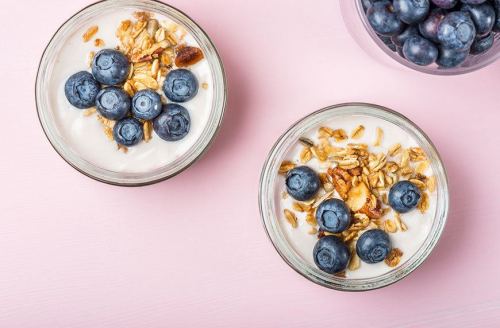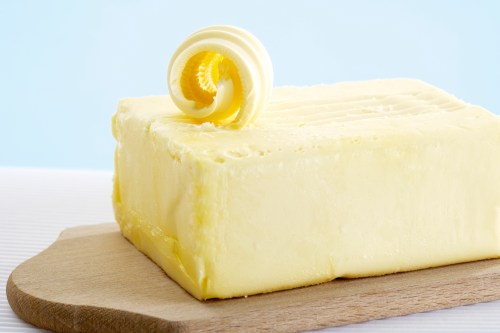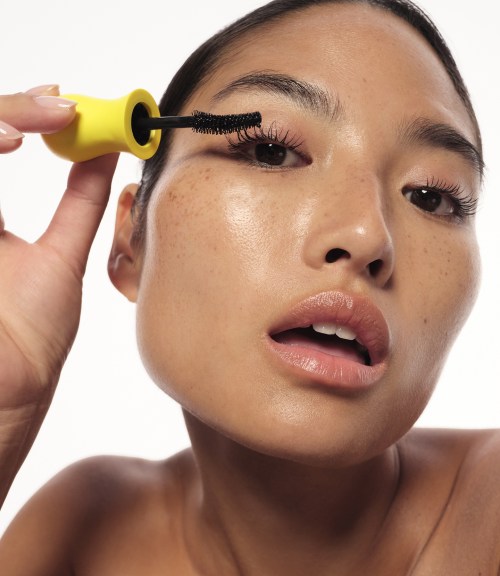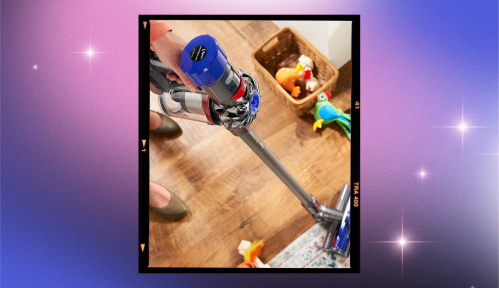Our editors independently select these products. Making a purchase through our links may earn Well+Good a commission
There’s a new type of tea showing up at your health food store and at lots of healthy cafes—and it’s not exactly plucked from leafy fields or served with crumpets: it’s mushroom.
Sipping fungi for health reasons has been done for thousands of years in the East, and recently Western wellness insiders have been brewing the earthy little, grow-in-the-dark spores for things like stress-reduction, immunity, and a long list of health benefits. (None of which are associated with the hallucinogenic variety that we know of, just FYI.)
In part, this trend is due to increased availability of mushrooms that lend themselves to beverages. Four Sigma Foods, a Finnish brand that specializes in mushroom tea, which relocated its headquarters to Los Angeles in 2015 and has made its products available across the US. (It’s already available in 21 other countries.)
Indie brands are hopping on the mushroom tea train, too, like Moon Juice, Buddha Teas,Terrasoul Superfoods, and Cap Beauty, which stocks Four Sigma Foods in addition to Sun Potion reishi mushrooms.
Mushrooms like reishi are adaptogens, explains Cap Beauty’s Kerrilynn Pamer, meaning they help your body manage stress. “They respond to what our systems need through the miracle of plant intelligence, supporting you from the inside out,” she says. Want to learn more? Keep reading to find out the benefits of sipping mushroom tea.
What is mushroom tea and its benefits? Scroll down for everything you need to know.
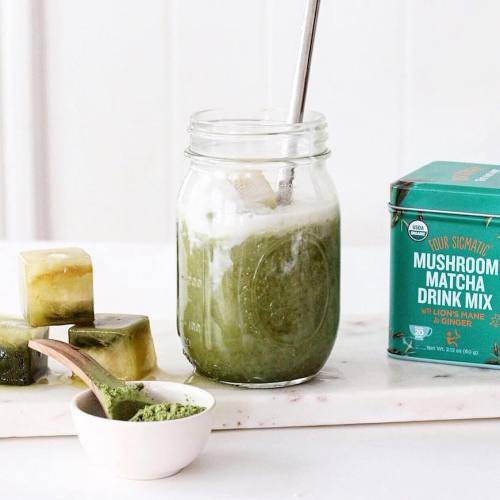
Why all the health hype?
You’d be surprised by how much existing research there is on mushrooms’ health-boosting properties, explains Four Sigma Foods president Tero Isokauppila, who hired a biochemist to collect scientific information on their benefits.
One surprising element of proof is the pretty abundant use of mushrooms in pharmaceuticals.According to the University of Sydney Mycology Department, at the beginning of the 21st century, “fungi were involved in the industrial processing of more than 10 of the 20 most profitable products used in human medicine,” including drugs for high cholesterol, antibiotics, and immunosuppressants. Cordyceps, for example, were used to create the drug Gileyna, used to fight autoimmune disease multiple sclerosis.
Cordyceps are one of the three main types of mushrooms the teas tend to focus on, along with reishi and chaga. (Memorize those three and you’re set!) “Reishi is the most studied and the queen of mushrooms,” Isokauppila says. “It can help regulate hormones, lower stress, and break down [stress-related] cortisol. Chaga has the highest source of antioxidants…while cordyceps are really good for oxygen intake, so a lot of athletes drink that.” Maybe your new pre-workout hydration ritual? Which brings us to a very important question…

Is mushroom tea even drinkable?
Since mushrooms don’t come in pretty leaf form, their active components are made into powder, which comes in tea bags or in a pouch like a sugar packet, which you can pour into hot water (or smoothies or coffee) and stir to dissolve.
In your cup, it sort of resembles coffee—that is, it’s a brown, nearly opaque liquid. As for the taste, you can certainly tell that it’s healthy. Blended with hot water, Four Sigma Food’s Instant Reishi—a powder blended with star anise, mint leaf, licorice root, and stevia—smells vaguely like a diluted cup of miso soup and is surprisingly sweet (from the stevia) but isn’t all that different from a weak black tea. If you wanted to sip it during a work meeting (to balance out the stress said meeting might create), there’s no real funky fungi scent that would give you away.
Originally posted March 1, 2015. Updated June 25, 2018.
If you’re looking for some other new wellness beverages to sip on, get the low-down on the health benefits of bone broth and find out how matcha can give you a major boost.
Sign Up for Our Daily Newsletter
Get all the latest in wellness, trends, food, fitness, beauty, and more delivered right to your inbox.
Got it, you've been added to our email list.


